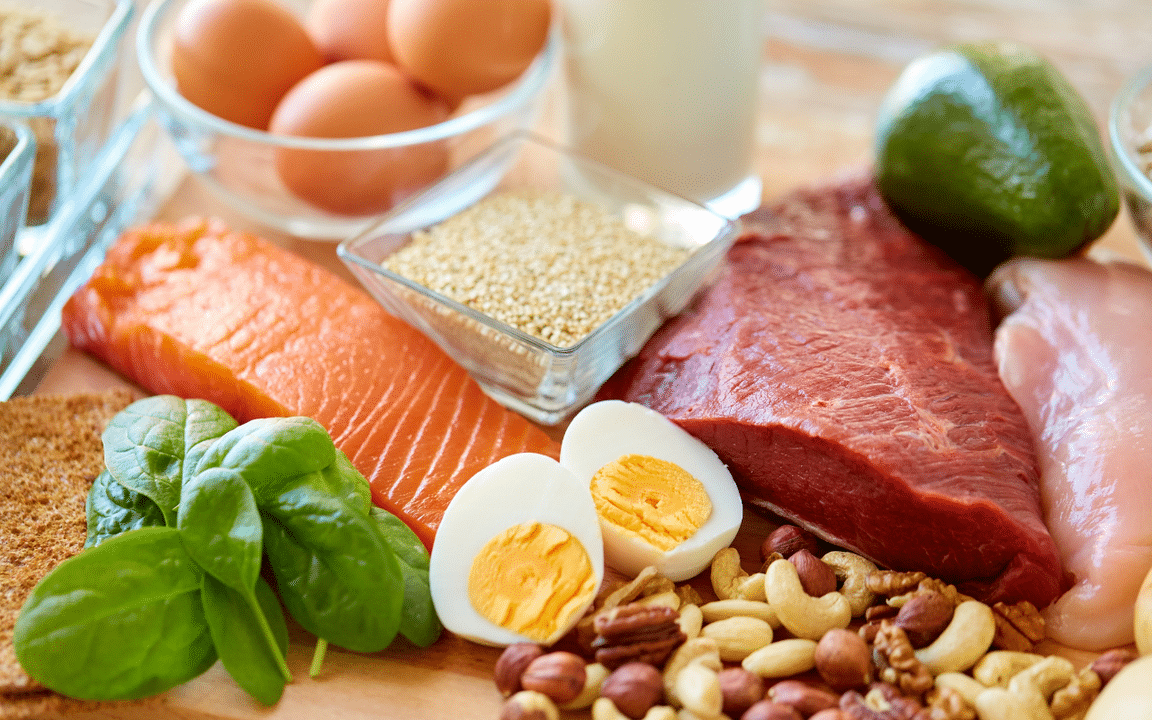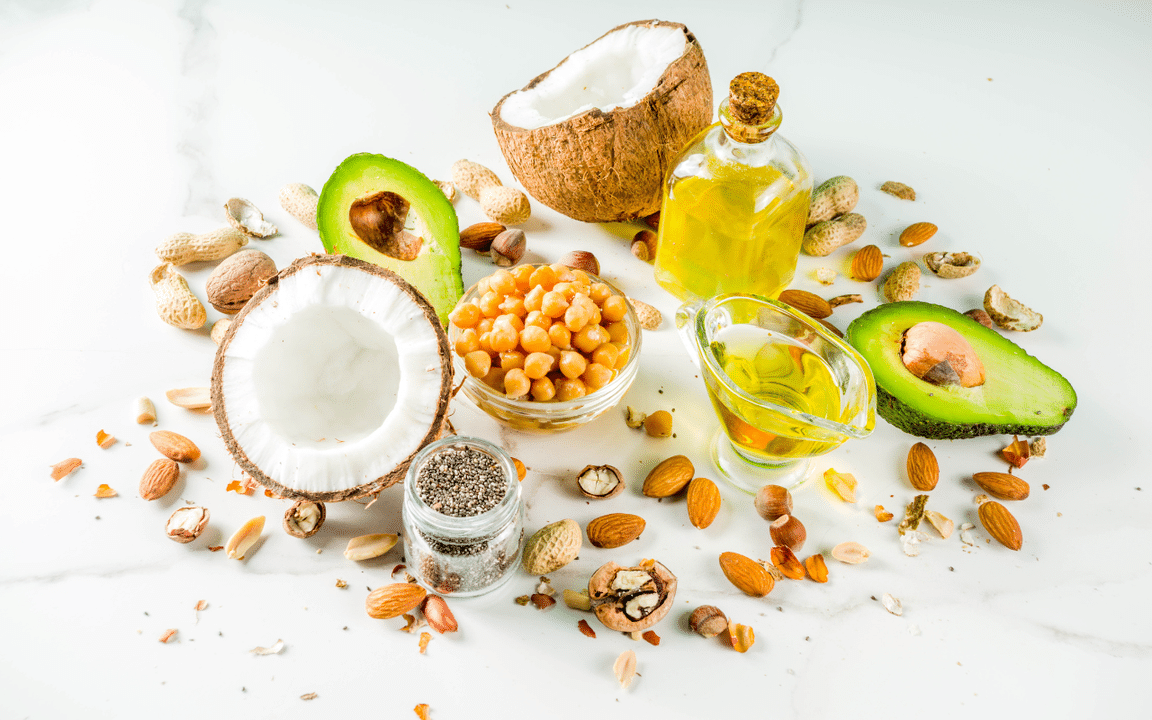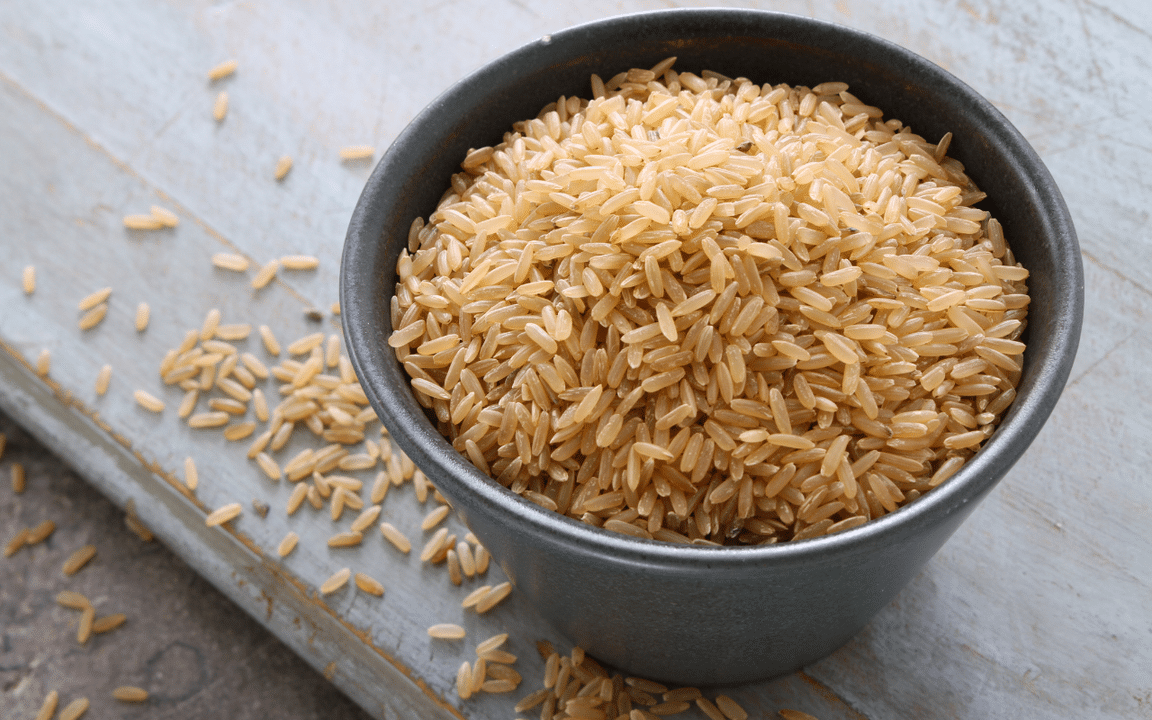Undergoing cosmetic surgery requires adequate time for wounds to heal completely. The duration of healing can vary based on individual health and recovery capability. Importantly, your diet can significantly influence how quickly wounds heal. In this article, we’ll explore various foods that can enhance wound healing, making it a must-read for anyone considering surgery or currently recovering.
What to Eat to Promote Faster Wound Healing
Certain foods are known to reduce swelling and support faster wound recovery, while also helping to prevent inflammation and infections. Let’s delve into some key foods that can aid in healing after surgery:
Foods Rich in Protein

Foods to Promote Faster Wound Healing After Surgery
1.Protein-Rich Foods
The first and foremost food to consider for accelerating wound healing is protein. As we have learned since childhood, protein plays a crucial role in repairing damaged tissues and cells in the body. It also helps in the production of collagen, which is vital for connecting tissues together. Additionally, protein is a key component of white blood cells, which bolster the immune system and contribute to faster wound healing.
Some types of protein also possess properties that help reduce swelling and inflammation. Therefore, it is essential to prioritize protein intake after surgery. Good sources of protein include meat, eggs, fish, and yogurt.
2.Foods Rich in Iron and Zinc
Foods containing iron and zinc can also aid in quicker wound recovery. Iron is a critical component of red blood cells, facilitating oxygen transport to various tissues throughout the body. It plays a role in synthesizing proteins and enzymes involved in wound healing. Foods rich in iron include meat, eggs, legumes, dark leafy greens, and whole grains.
3.Zinc, on the other hand, is essential for cell growth and repair. It stimulates protein synthesis and strengthens the immune system. You can find zinc in foods such as meat, dairy products, eggs, legumes, certain seafood, and sprouted grains. However, it’s advisable to consult a doctor or nutritionist to determine the appropriate amounts for individual needs, as excessive intake of iron and zinc may lead to side effects.

4. Foods Rich in Healthy Fats
Incorporating healthy fats into your diet can help reduce swelling after surgery and promote faster healing of wounds. These fats effectively combat inflammation in the body and can be found in sources such as fatty fish, other seafood, soybean oil, and rice bran oil. Certain types of fatty fish are also high in omega-3 fatty acids, which possess anti-inflammatory properties that can minimize swelling and stimulate the production of new collagen fibers. This process aids in quicker wound closure and enhances overall recovery.
5. Foods High in Vitamin C
When considering what to eat to promote faster wound healing, vitamin C should definitely be included in your diet. This essential nutrient plays a key role in accelerating healing by stimulating collagen production, a protein crucial for wound closure and the formation of new tissue. Additionally, vitamin C acts as an antioxidant, reducing damage caused by free radicals to the surrounding tissues and offering anti-inflammatory benefits that can further enhance the healing process.
Good sources of vitamin C include citrus fruits, bell peppers, kale, broccoli, and a variety of other fresh fruits and vegetables. Consuming an appropriate amount of vitamin C can significantly support the healing of surgical wounds, but it's important to avoid excessive intake, as the body may not be able to absorb and utilize large quantities effectively.
6. Water
Water is a crucial component of blood and various tissues in the body. Staying well-hydrated helps maintain balance and ensures that bodily systems function properly. Water also plays a vital role in transporting nutrients and minerals to cells and tissues that are repairing themselves, thus enhancing the wound healing process.
Furthermore, proper hydration aids in flushing out waste and toxins from the body, which can help reduce inflammation and speed up the healing process. It’s generally recommended to drink at least eight glasses of water a day for optimal recovery. Alternatively, you can calculate your daily hydration needs based on your body weight: multiply your weight in kilograms by 2.2, then by 30, and divide by 2 to determine the amount of water (in milliliters) you should aim to consume each day.
7. Whole Grains and Unrefined Carbohydrates

Brown rice and unrefined carbohydrates are high in dietary fiber, which plays a crucial role in ensuring efficient digestion and regular bowel movements. This helps the body effectively eliminate waste. Additionally, these foods are rich in vitamins and minerals, including vitamin B1, vitamin E, iron, magnesium, selenium, and phosphorus, all of which can help reduce inflammation and enhance the healing process.
For anyone seeking further advice or interested in cosmetic surgery, feel free to reach out to Kamol Hospital. We offer a variety of services, including facial surgeries, nose augmentation, double eyelid surgery, lip reshaping, and many other beauty treatments. Our experienced medical team is dedicated to providing excellent care for every patient.
Kamol Hospital provides comprehensive beauty services, and we are happy to assist everyone!

